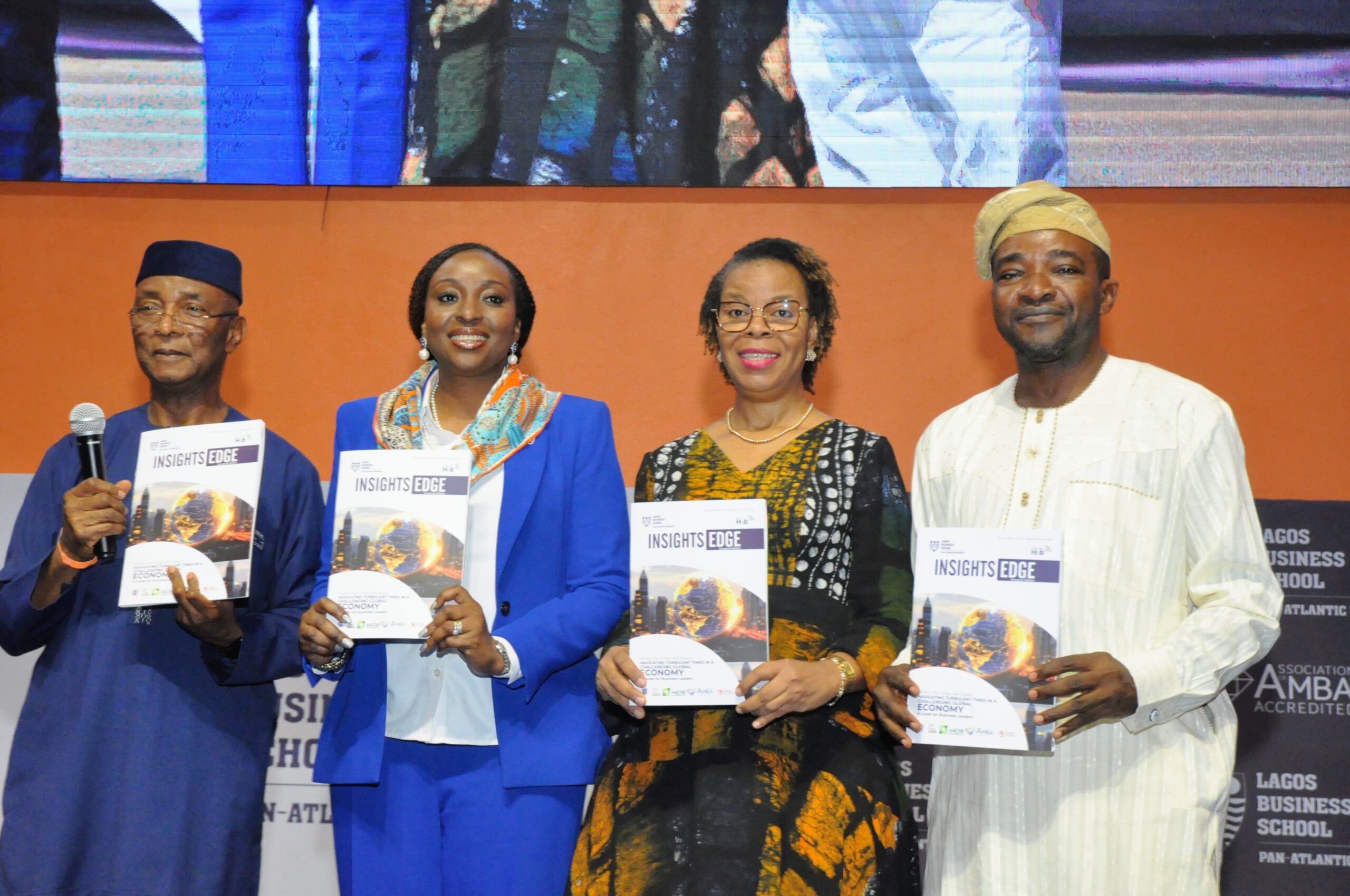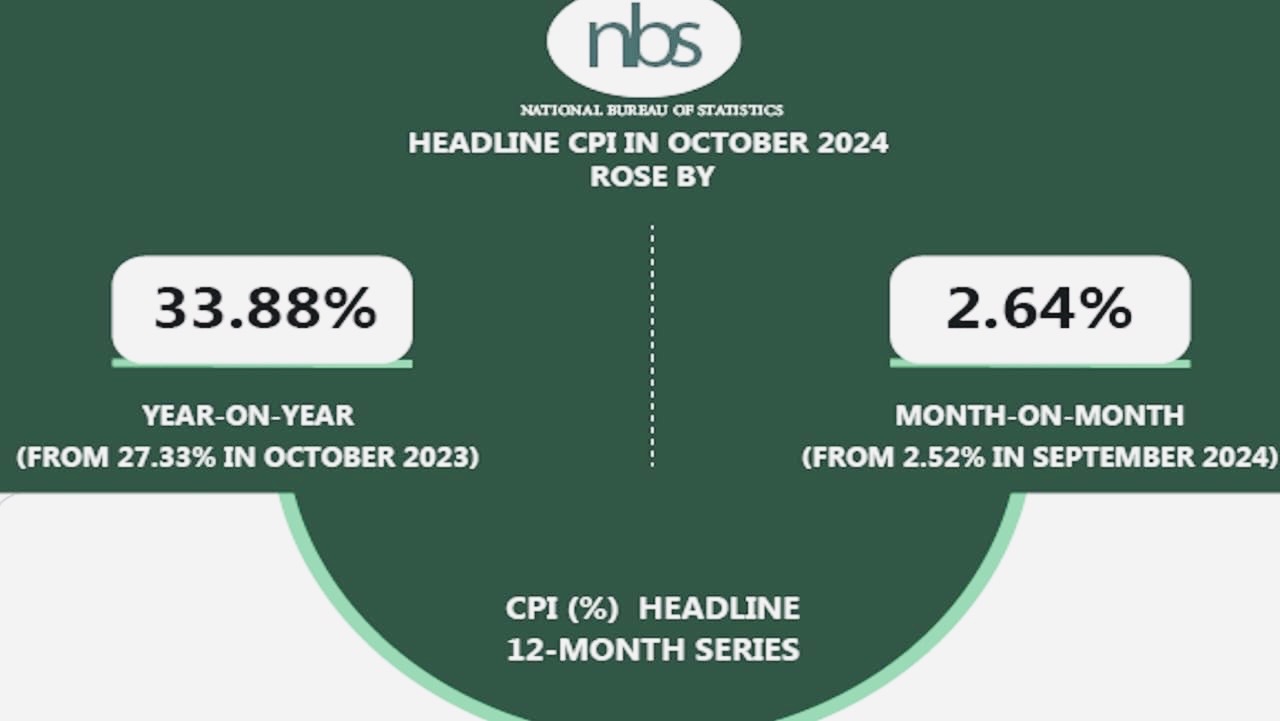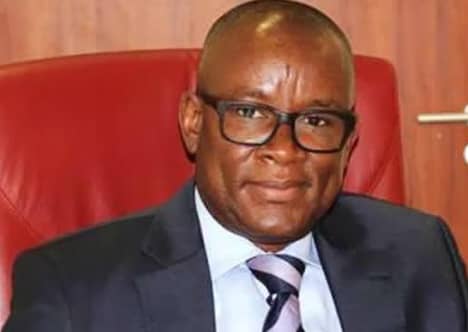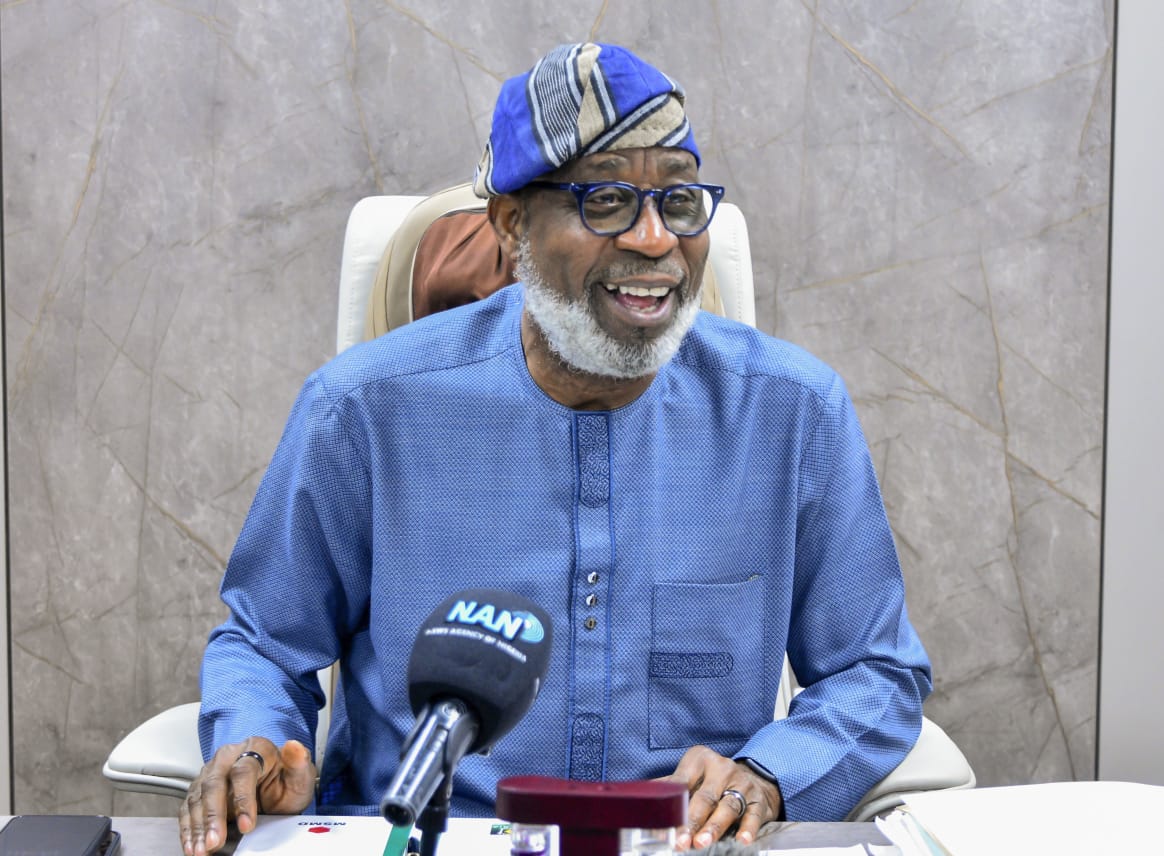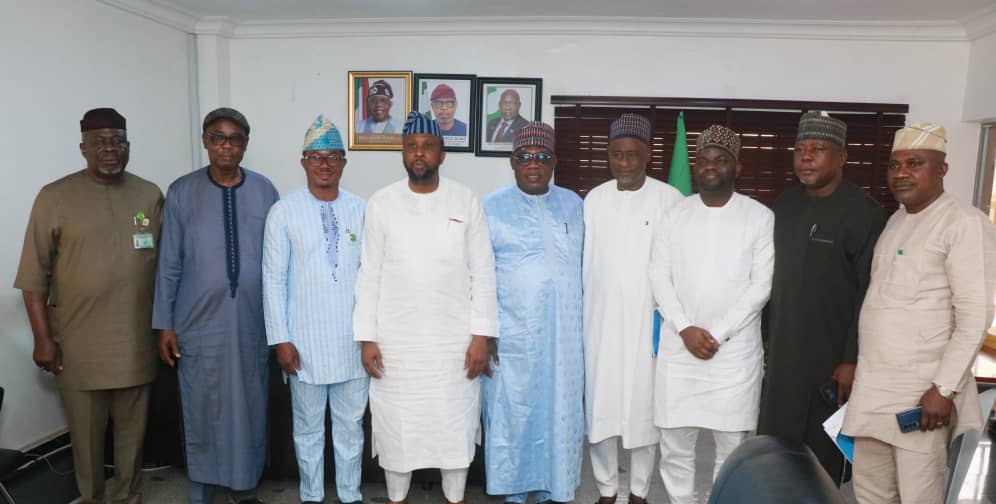Education: FG committed to technology-driven data in sector
By Okeoghene Akubuike
The Statistician-General of the Federation, Adeyemi Adeniran, says the Federal Government is committed to producing accurate and reliable data in the education sector by adopting technology.
Adeniran said this at the 2024 African Statistics Day celebration organised by the National Bureau of Statistics (NBS) in Abuja on Monday.
The News Agency of Nigeria(NAN) reports that the theme of the Day is “Supporting Education by Modernising the Production of Fit-For-Purpose Statistics.”
The statistician-general said the theme was a clear reminder of one of the major issues facing the African Statistical System and, by extension, the global system.
Adeniran said these challenges were in light of recent changes and advancements in the data ecosystem which was being driven by technology.
He said traditional methods and statistics were inadequate and innovative approaches and information were needed to address the challenges in today’s world, including that of the education sector.
“As the Coordinator of the statistical system in Nigeria, I am glad that members of the system are already realising the fact, that we must innovate, adapt, and change.
“ We must make these changes if we are to remain relevant in providing policymakers and all users with timely, relevant and reliable data.
“At NBS, we have adopted the mantra of innovation to stay relevant in meeting the demands of our mandate.
“This is in line with the Data Innovation Lab (DIL) initiative of the African Development Bank and the Roadmap for the transformation and modernisation of official statistics in Africa being championed by the African Centre for Statistics.”
Adeniran said the NBS had set up a Data Innovation Desk within the Bureau to advance, monitor, and track all data innovation initiatives across its production and dissemination processes.
“All of these are in a bid to ensure that we provide the right data, which is a critical tool for development to all our users in a timely manner and in a way that is useful and suited to their needs.”
On the theme for the celebration, he said NBS had made some strides in that regard.
Adeniran said in the 2022 Multiple Indicator Cluster Survey (MICS-6) that data was collected for the first time on children aged three and above, expanding from the previous focus on those aged five and above.
According to him, this effort alone has resulted in more robust information on early childhood development in Nigeria, which is in line with the National Education Policy.
Adeniran said the NBS had supported several programmes in the development of the education sector which includes the Better Education Service Delivery for All (BESDA).
Others, he said, included a pilot programme which would use technology to strengthen the collation, validation and dissemination of administrative statistics across Federal Ministries Departments and Agencies(MDAs)
Adeniran said the programme, supported by the World Bank, would start with 15 MDAs and education statistics had been chosen as one of the focus areas in the pilot.
“By the end of the exercise, there will be a significant enhancement in the quality and accessibility of administratively generated education statistics in Nigeria.
“This will ensure that users, most especially, those involved in designing, implementing and monitoring educational-related policies and programmes, have unfettered access to this information to support their work.”
Jutaro Sakamoto, UNICEF’s Education Manager in Nigeria, said there was a need to improve education data in Nigeria, saying it was not often accurate, robust, timely and used for decision-making.
The consequences, Sakamoto said, would undermine the effectiveness and accountability of policy actions.
He pledged UNICEF’s commitment to support the Nigerian government in transforming the education data governance ecosystem in Nigeria. (NAN)(www.nannews.ng)
Edited by Vivian Ihechu







